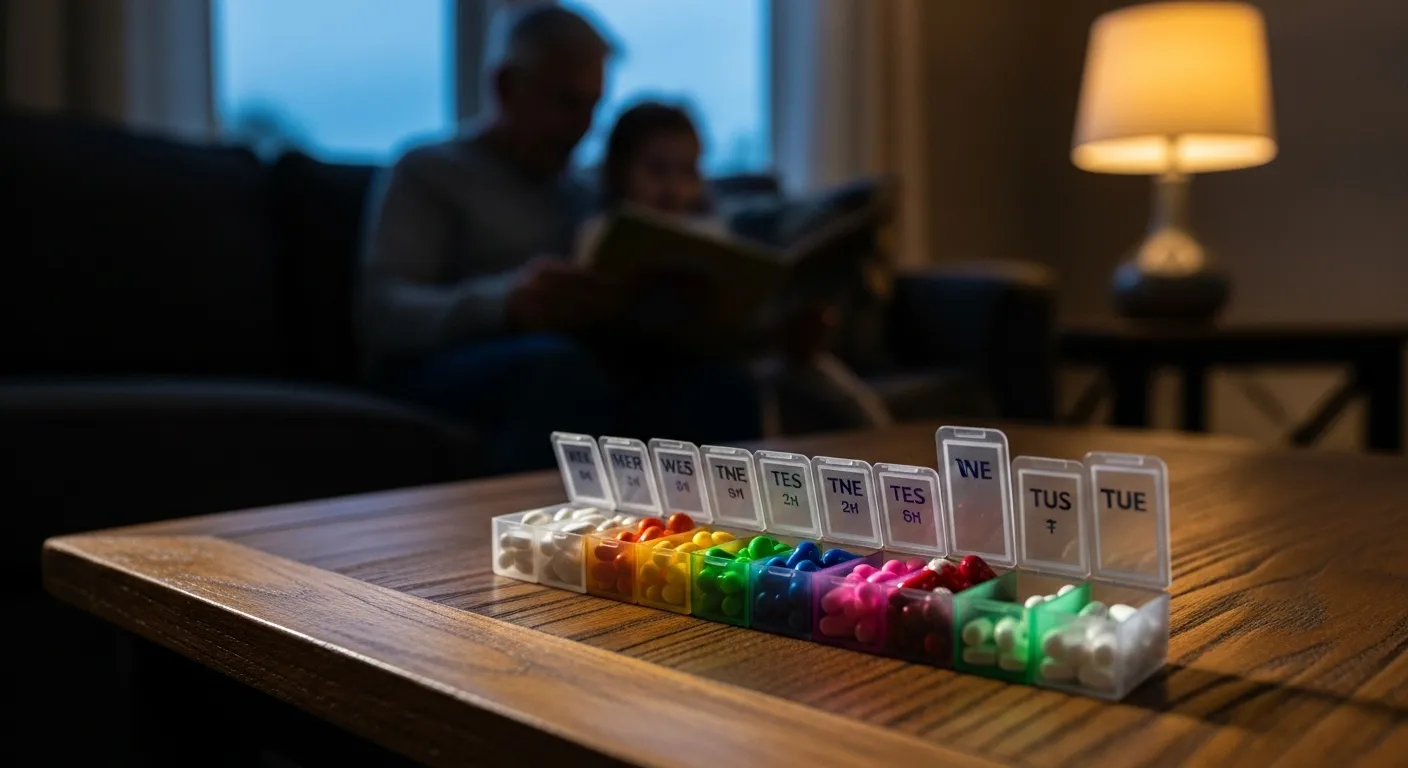
Protecting Your Kidneys: Simple Steps for a Healthier Future
The wonderful news is that there are many gentle, proactive steps you can take to protect your kidneys and support your overall health. Many of these habits also help with managing chronic pain, preventing falls, and maintaining your strength.
Manage Blood Pressure and Blood Sugar
High blood pressure and diabetes are the top two threats to kidney health. Working with your doctor to keep your numbers in a healthy range is the single most important thing you can do. This often involves medication, diet, and gentle, regular physical activity.
Stay Active in a Safe Way
Movement is medicine! Regular physical activity helps control blood pressure, manage blood sugar, and maintain a healthy weight. You don’t need to run a marathon. Gentle activities are incredibly effective.
Consider activities like:
- Walking: A simple, accessible, and powerful exercise for your heart and body.
- Swimming or Water Aerobics: The water supports your joints, making it a fantastic option if you have arthritis or other joint pain.
- Tai Chi or Gentle Yoga: These practices improve balance, flexibility, and strength, which is excellent for fall prevention and reducing stress.
For information on physical activity for older adults, consult the National Institute on Aging. The American Heart Association and the Arthritis Foundation also provide excellent resources for senior-friendly exercise.
Eat a Nourishing, Kidney-Friendly Diet
A diet that is good for your heart is also good for your kidneys. Focus on fresh, whole foods. Try to reduce your intake of salt (sodium), which can raise blood pressure. Pay attention to food labels and limit processed foods, which are often high in sodium and phosphorus additives that can be hard on the kidneys.
Be Smart About Medications
Over-the-counter pain relievers known as NSAIDs (nonsteroidal anti-inflammatory drugs), such as ibuprofen and naproxen, can harm your kidneys if taken regularly over a long period. If you have chronic pain from a condition like arthritis, talk to your doctor about the safest way to manage it for your long-term kidney health.













